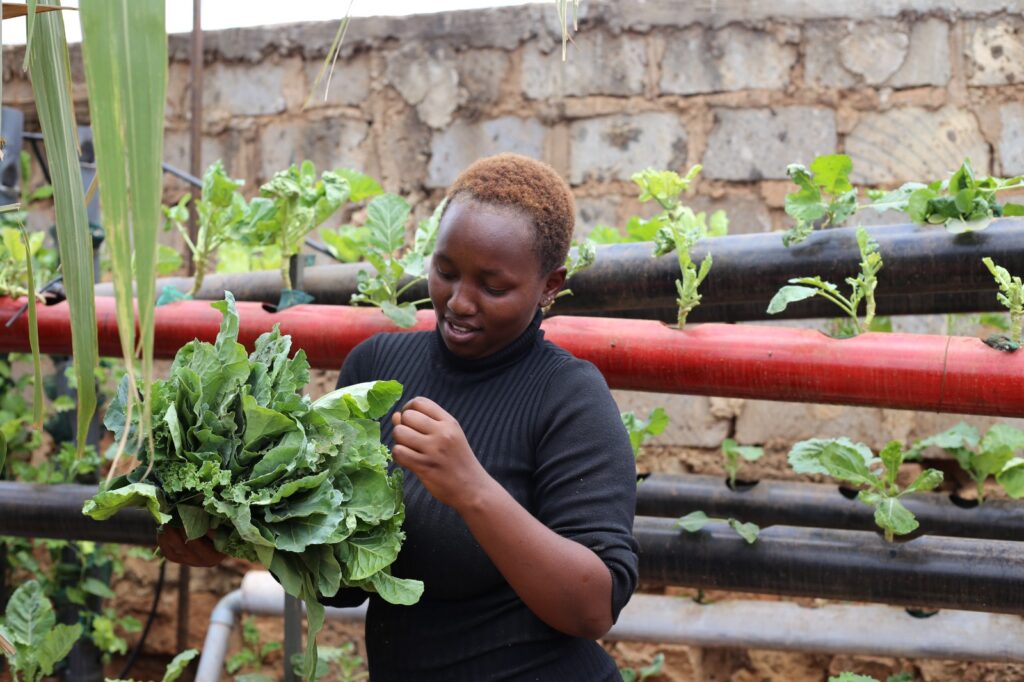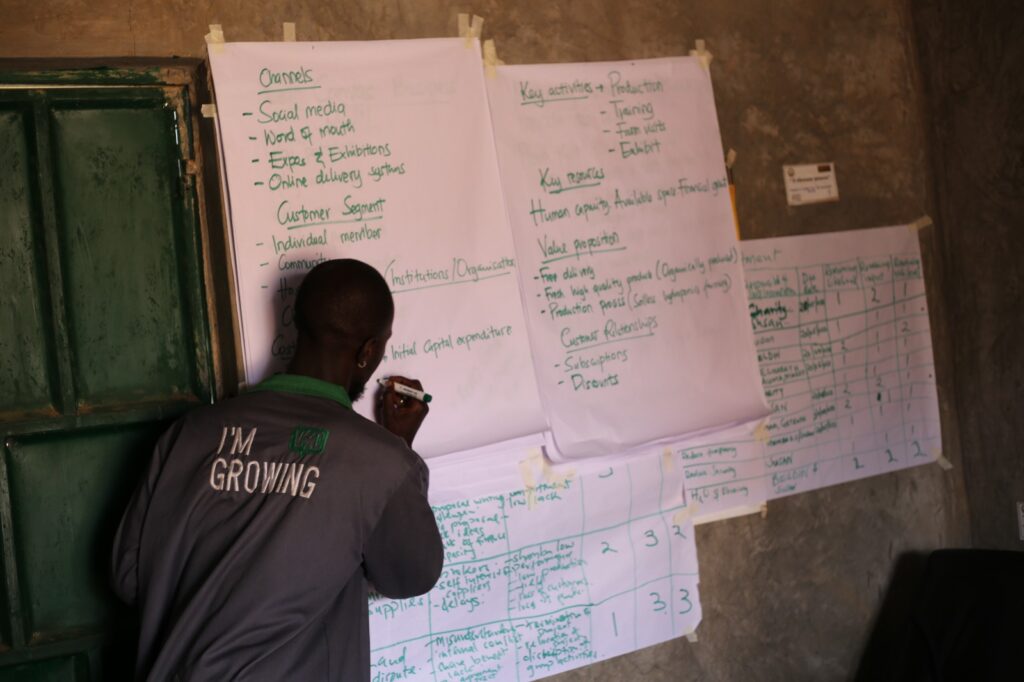In this interview, Charles Lukania introduces us to the various initiatives of the Swedish foundation Voices4Change. #Growth4Change unites change makers to ghetto engineer innovative solutions for urban transformation. It operates in low income urban and peri-urban areas and informal communities in Nairobi, Kenya. #FoodisPolitics is a campaign for food justice amplifying universal efforts for fair and sustainable food systems. It engages youth activists and artists through creatives means such as conscious rap and community theatre.
This interview is part of SIANI’s ‘Tune in to Food Systems’ interview series composed of monthly interview articles with experts across fields dedicated to sustainable food systems.

